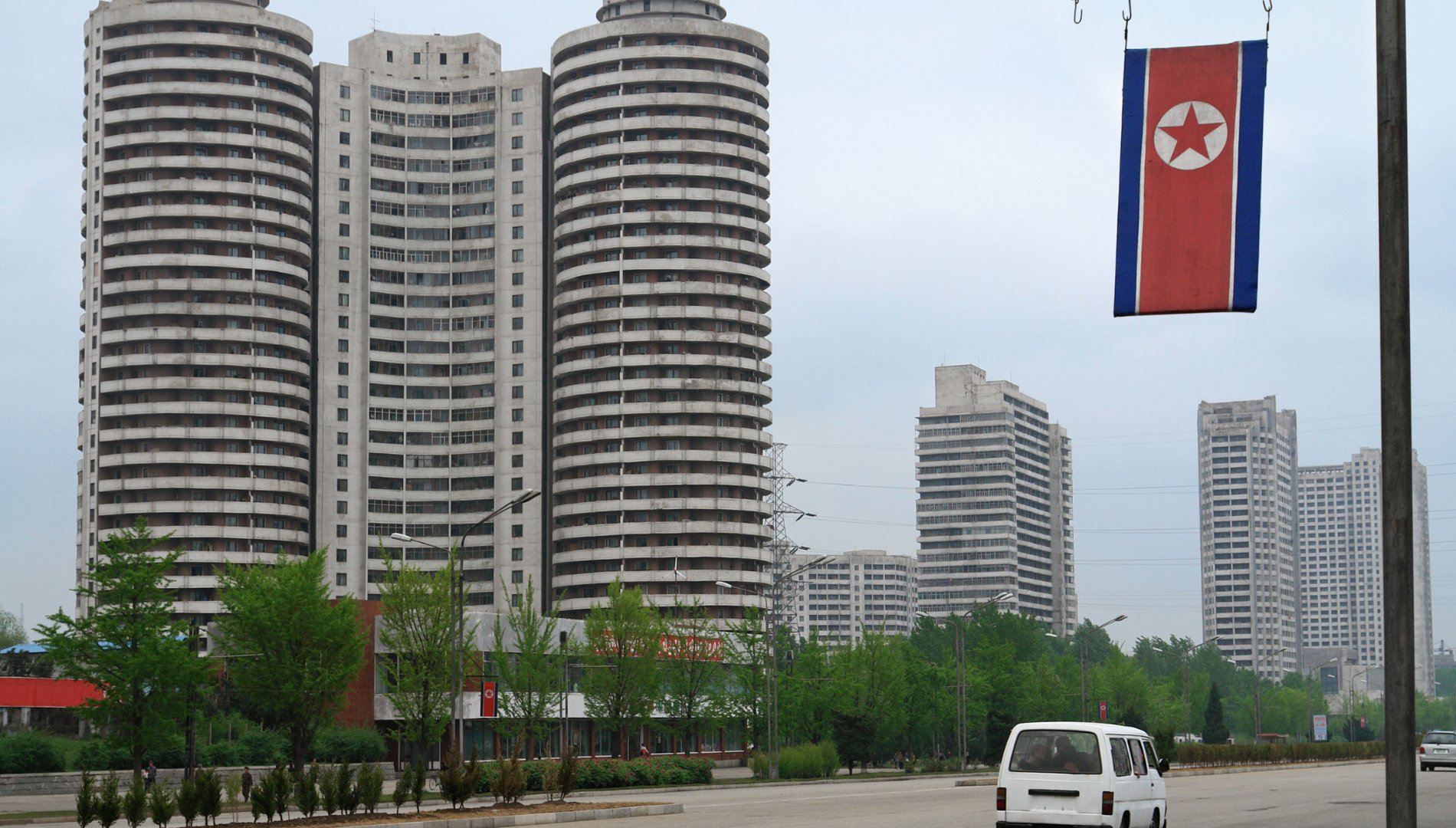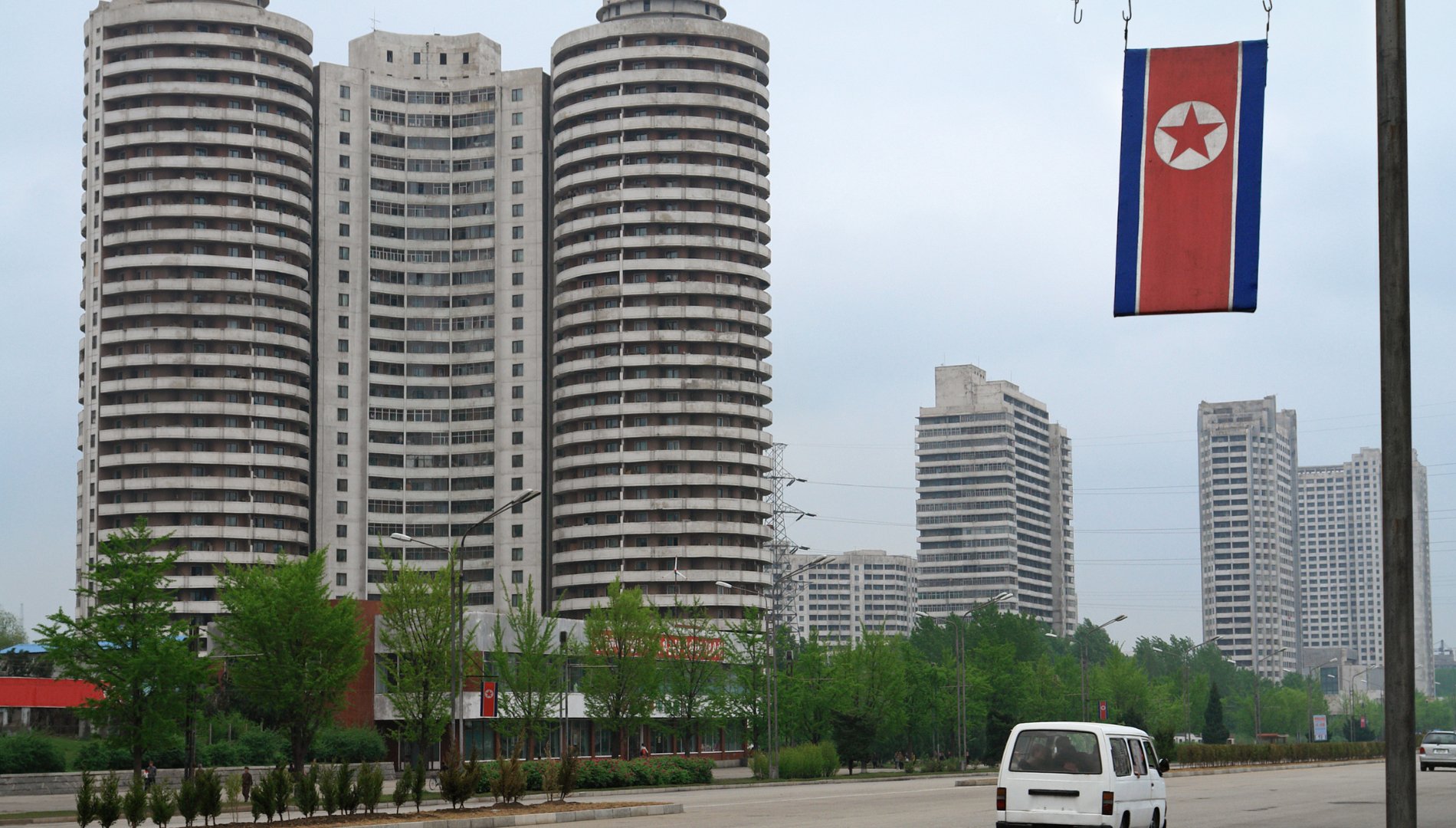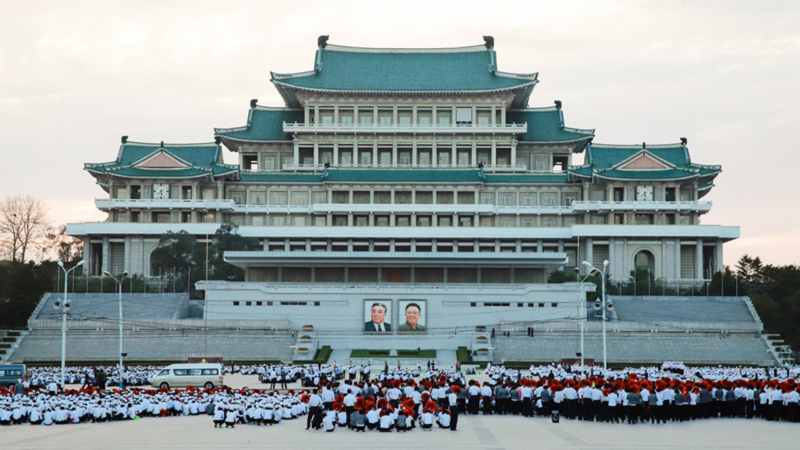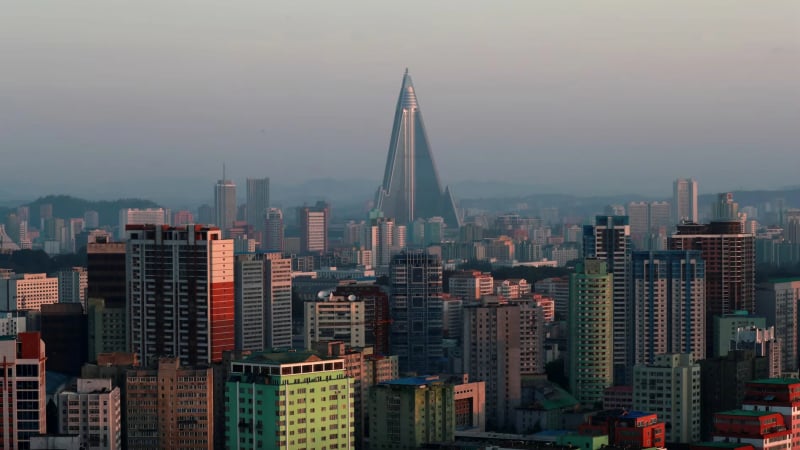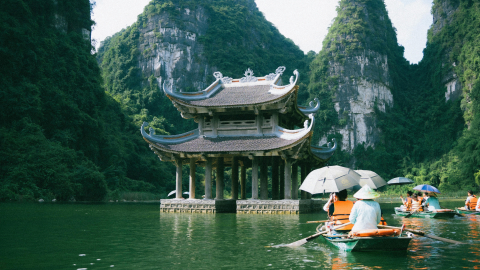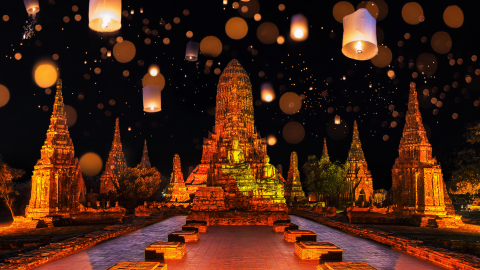Just weeks after North Korea opened its doors to international tourists, bringing with it hopes for a tourism recovery, a surprising announcement sent shockwaves through the international travel industry. The North Korean government abruptly declared a halt to international tourist visits to the Rason Special Economic Zone, a baffling move reported by Yonhap news agency.
This decision is not simply a cancellation of a tour, but also raises serious questions about the future of important tourism events in North Korea. A prime example is the annual marathon, scheduled for April 6th to commemorate the birthday (April 15th) of the late leader Kim Il-sung, which is now at risk of cancellation. This event, once a major draw for international tourists to North Korea, now looks uncertain, causing disappointment for those who had planned to participate.
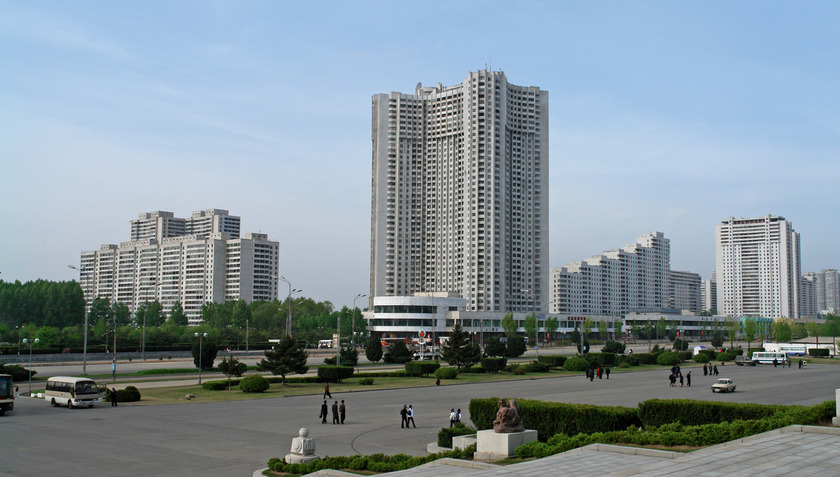
Travel companies have announced they will stop bringing foreign tourists to the Rason special economic zone, weeks after North Korea opened up for the first time since Covid-19.
Significantly, the reason given by the "world's most mysterious country" to its travel partners is extremely vague and unconvincing, further increasing confusion among the travel industry. "We have absolutely no idea why we stopped receiving tourists, and we were not informed about the duration of the suspension," Rayco Vega, a tourism coordinator for KTG, told AFP. This lack of transparency not only makes it difficult for travel companies to rearrange itineraries and address issues related to tourists, but also raises doubts about the stability and predictability of North Korea's tourism industry.
On the same day, Young Pioneer Tours (YPT), another China-based travel company, also announced the suspension of tours to Rason. "We have been informed by our partners in North Korea that tours to Rason have been temporarily suspended. We are currently investigating how this will affect international tours to North Korea," a YPT representative said. The travel agency also advised tourists planning to visit North Korea in April and May not to book flights until further notice.
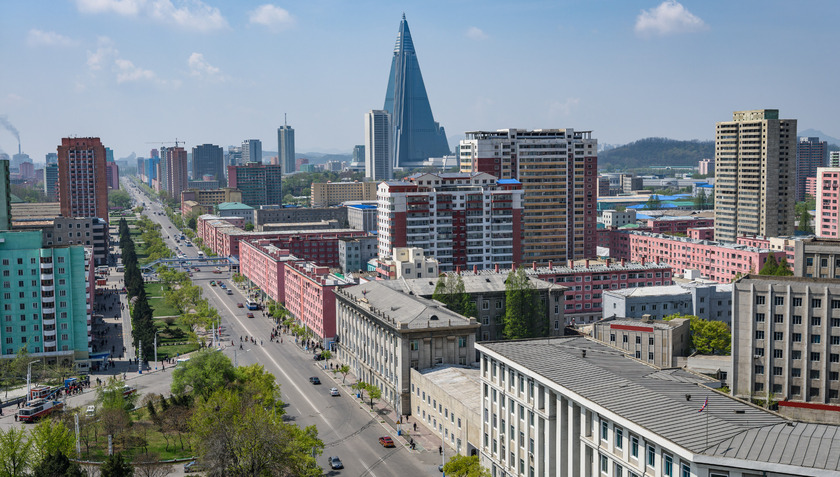
Many travel companies have described this as an "unprecedented" situation, and said they would provide further updates as soon as they have more information.
According to Yonhap News Agency, North Korea's abrupt decision to suspend international tourism is believed to stem from public criticism by some foreign tourists after visiting the Rason Special Economic Zone. These blunt remarks have drawn considerable attention, especially given North Korea's ongoing efforts to project a positive image to the international community.
In an interview with the American publication Business Insider, Luca Pferdmenges, a German travel KOL, candidly shared his experiences after visiting Rason in February. The 23-year-old stated that what surprised him most was the "blatant poverty" that the North Korean government makes no attempt to conceal. He described life in rural North Korea as "clearly impoverished," with images of farmers riding oxen and horse-drawn carts, and dilapidated houses that tourists are not allowed to photograph.
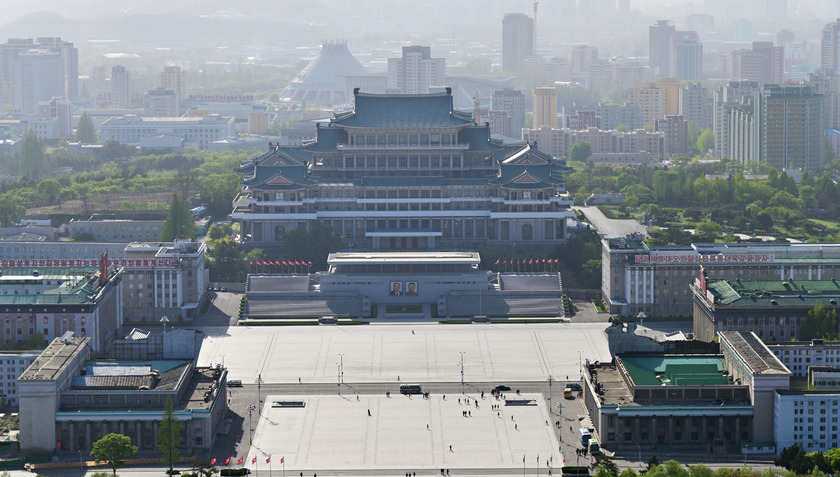
Many news outlets are speculating about the reasons why North Korea has banned tourists from visiting.
It's noteworthy that North Korean tour guides don't deny this reality. They simply don't want tourists taking and spreading those photos as if they were the only face of North Korea. This demonstrates the North Korean government's sensitivity to images that could damage the nation's image.
Meanwhile, the Korea Times, one of South Korea's oldest English-language daily newspapers, suggested that North Korea's move to stop receiving international visitors could be an attempt to "prevent the exposure of the harsh realities" of the isolated nation to the world. North Korea maintains tight control over information and images about the country, and allowing foreign tourists to freely share their experiences could have unintended consequences.
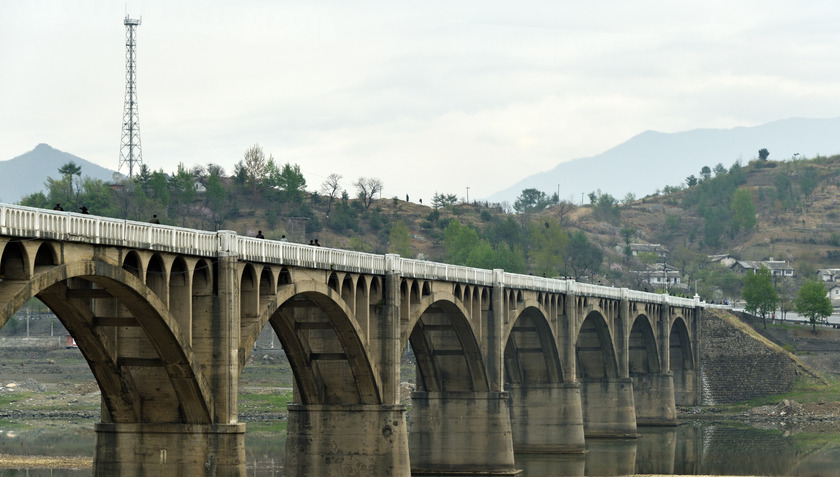
Young Pioneer Tours, another travel company specializing in North Korea tours, also advised travelers planning trips to North Korea in April and May not to rush into booking flights until more information is available.
In late February, Western tourists began arriving in Rason for group tours as North Korea reopened its tourism activities to foreigners. Since September 2023, only Russian tourists have been allowed to enter North Korea. The recent opening of the Rason Special Economic Zone to international visitors has fueled speculation that the country may welcome foreign tourists to other areas as well.
Rason City was reportedly established as North Korea's first special economic zone in 1991. It served as a testing ground for new economic policies and was considered one of the least-known and most inaccessible areas in North Korea.
Before being abruptly halted, the four-night tour of Rason cost approximately $720 (nearly 20 million VND). Rason is a city located in the northeast, near the border between China and Russia. The tour also included a two-night stay in Yanji, China. The first tour took place from February 12th to 18th.
According to media reports, Rason has operated differently from the rest of North Korea since 1991. It was also the first place to have a mobile phone network and use a card payment system.

 VI
VI EN
EN



